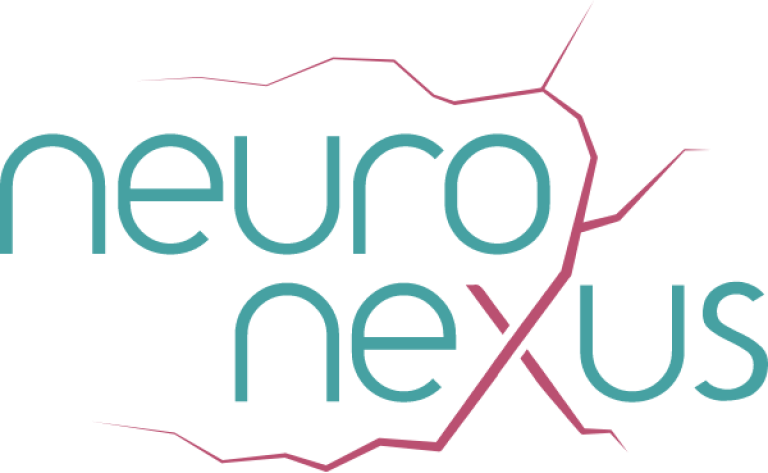An APPetite for mental health
Champion Name
Organization
University of CalgaryChallenge ID
Project Track
Skills Needed
Can we build an app that guides people to eat in a way that is both physically and mentally healthy? --
“Diet culture” plays a major role in society’s relationship with food. Diet culture has many facets, including an obsession with body shape, the equating of weight with health and moral virtue, and the idea that certain foods have moral values such as “good” or “bad”. This culture is especially difficult for the over one million Canadians who struggle with an eating disorder (ED), and the many more who struggle with disordered eating (DE). Food-tracking apps are immensely popular. All have the same basic structure: Input the food, and the app tells you whether you’re meeting your goals. These goals are almost exclusively calorie-based, and they support (and often encourage) weight-loss. There are a few issues with this structure. For example, it focuses a person’s experiences away from the food itself and more towards what the app reports: You look to the number on the app to determine if you should eat or not. This easily builds a dependence on the app. It is also the opposite of eating based on internal cues, which is required for a healthy relationship with food. Further, current food-tracking apps contribute to ED/DE thoughts and practices, partially because of their encouragement of weight-loss (Simpson & Mazzeo. 2017. Eat Behav 26, 89-92; Eikey. 2018. in Current and Emerging mHealth Technologies, 119-133). In a recent online survey I ran, aimed at understanding feelings surrounding food-tracking apps among people who’d used them, over half the respondents (i.e., 42 out of 78) answered that they have struggled with an ED or DE. Many also mentioned that the apps trigger feelings of guilt regarding what they’ve eaten; they want the guidance but are dissatisfied with how the app provides it. When I met with several respondents in-person, they described heightened difficulties in this current, pandemic situation. Clearly, there is room for improvement.
On the other hand, there are ED-recovery apps, such as Rise Up or Recovery Record. These apps track emotions and thoughts surrounding food. They allow meal tracking, but only for the purpose of recording; they offer no guidance on food choices. We need something in the middle: an app that gives people guidance in making healthy food choices, but that is also strongly grounded in practices that support good mental health, and a healthy relationship with food. True healthy eating is not just about what you eat; I want people to see food as an important and enjoyable part of a physically—and mentally—nourishing lifestyle, instead of as a test that come with rules and a fear of failure.
This app will not be a replacement for a professional dietician; its purpose will be to provide education and to challenge negative thoughts and behaviours connected with eating. Shaped in partnership with a registered dietition, such an app will focus on the bigger picture: things like recognizing hunger, the concept of a balanced diet, and intuitive and mindful eating. This structure fits with what is emphasized in Canada’s Food Guide. There is a wealth of research showing that mindful eating supports healthier food choices (e.g., Jordan et al. 2014. Pers Individ Differ 68, 107-11) and has successfully been used to combat eating disorders. This app will neither count calories nor support weight-loss goals. Going beyond the above-mentioned ED-recovery apps, however, it will guide users in learning what a truly healthy diet looks like. There will be no “good/bad” assigned to the food eaten, but it will provide a holistic education into how choices surrounding food can support a healthy mind as well as a healthy body.
